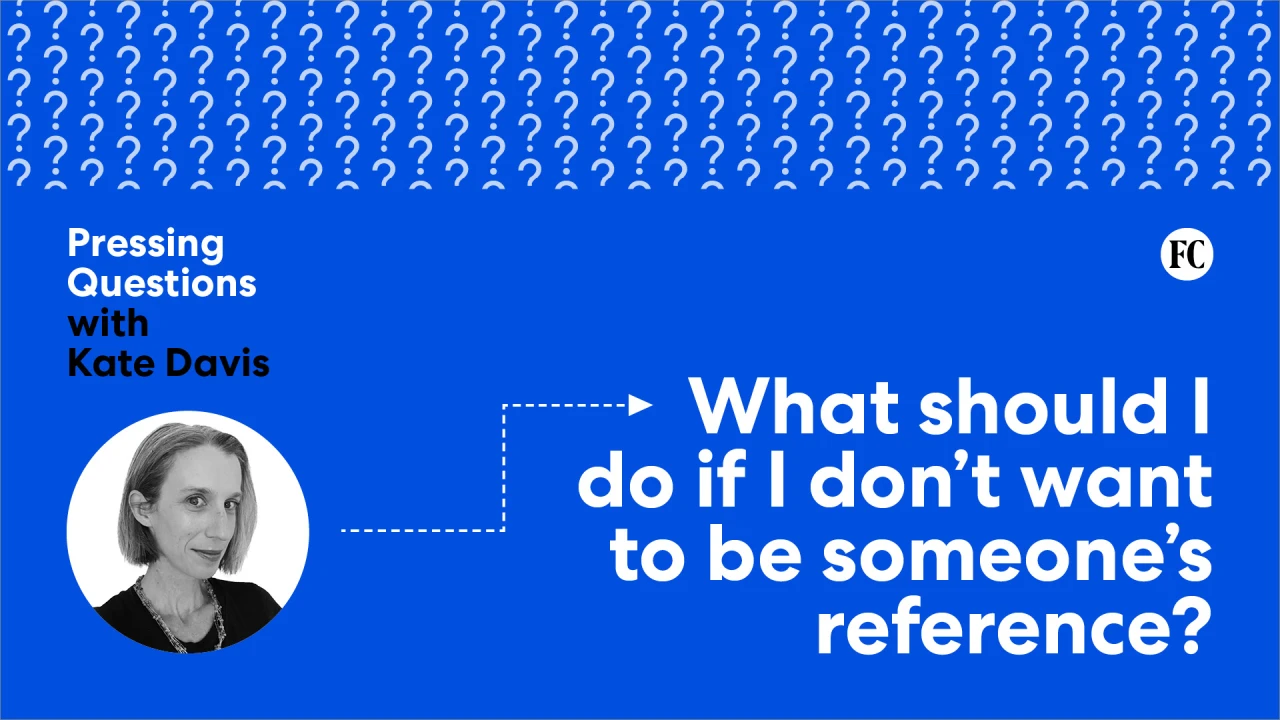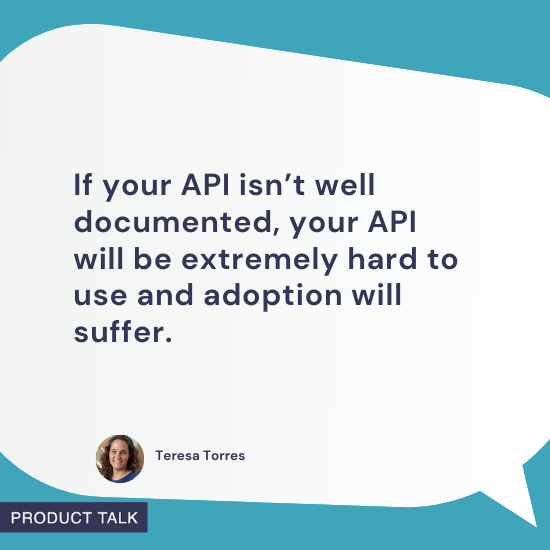is it bad to show up really early to an interview, there’s human waste outside my building, and more
It’s five answers to five questions. Here we go… 1. There’s human waste outside my building Our office is downtown and has a nice outdoor canopy that is covered from the sun and rain. It also serves as the walkway into our building from the parking lot. It’s not uncommon for people who are homeless […] The post is it bad to show up really early to an interview, there’s human waste outside my building, and more appeared first on Ask a Manager.

It’s five answers to five questions. Here we go…
1. There’s human waste outside my building
Our office is downtown and has a nice outdoor canopy that is covered from the sun and rain. It also serves as the walkway into our building from the parking lot. It’s not uncommon for people who are homeless to sleep under the canopy at night. This year, we’re having a lot of problems with people going to the bathroom under the canopy. Right now there are five evident spots of human waste that are directly next to our building. Our leadership is planning to get a quote and have a company come out to pressure wash the walkway, but it’s been over a week and the human waste is still there. Additionally, the large fenced-in AC units that feed into the building were recently discovered to be covered in trash bags with human waste and used menstrual products on the ground. Last year, our HVAC company told us it was clear that people were urinating into the AC units regularly (which is why we then fenced them in).
I was in a meeting two weeks ago with my boss and a woman went to the bathroom directly outside of the window where we were sitting. It was clear it was a regular spot for her to use because there were several wads of toilet paper there throughout the week.
This is absolutely grossing me out. I keep thinking about how I likely have human waste on my shoes and that it’s getting tracked into our office and possibly into my car and home. I’m having a hard time concentrating at work as a result. I told my boss how I feel and she gave me the okay to work from home for now.
What is reasonable to expect from an employer in this situation? How quickly should they take care of the waste? How should a company handle this to prevent this from happening again in the future? Am I overreacting?
It is absolutely reasonable to expect that human waste will not sit on your walkway for a week. They should be moving with significantly more urgency on that. It also sounds like they need an ongoing cleaning contract and/or should be exploring other solutions to prevent the problem or at least deal with it more quickly once it’s there. What those solutions should be is outside my expertise, but this should not be unsolvable if they care about dealing with it. More trash receptacles for those bags? Lobbying for more/better public restrooms?
I asked my friend Sarah, who works with homeless people, what else could help. Here’s what she said:
“Especially if they live in a large city or metropolitan area, they might be able to reach out to a nonprofit with a homeless street outreach team, and ensure they’re aware of the situation — that there are homeless people that seem to be camping in the area without access to toilets and hygiene facilities, and that it’s become a public health issue. I’d recommend speaking with a supervisor or manager, and frame it more as being concerned for the homeless people’s health and safety. The nonprofit might be able to do some troubleshooting and outreach, helping to connect people with shelter options or toilet facilities.
Some cities have attempted solutions such as mobile hygiene units. Depending on the size of your office building and the budget of your company or property manager, they might consider installing some sort of port-a-potties as a stopgap, and a dumpster for the garbage.
Ultimately this is a public health problem and not an isolated one. Not having access to toilets and hygiene is extremely stressful and dehumanizing — keeping that framing in mind might help the letter writer’s emotional reaction.”
2. Does it look bad to show up really early to a job interview?
I saw a post arguing that showing up extra early to an interview means that you don’t have good time management, or have a lack of social awareness, or expect to be accommodated. (In particular, they talked about a candidate who showed up 25 minutes early and said it was part of the reason they rejected him.) This seems crazy to me but I was curious about what you would say.
I don’t agree that showing up really early means you don’t have good time management, but it is a flag for a possible judgment problem, and to some extent a lack of understanding about how offices work. Five or ten minutes early is no big deal, but more than that risks inconveniencing people; they might not have anywhere convenient for you to wait or might feel obligated to interrupt what they’re doing and come out to greet you.
You should definitely get to the interview location early, so you have a buffer in case you hit traffic or other delays. But once you arrive, ideally you’d wait in the parking lot or in a coffee shop until it’s closer to the interview time.
I’m not going to reject someone for showing up 25 minutes early, but it doesn’t reflect well on them.
That said, early is better than late.
Related:
how should we handle job candidates who show up for interviews way too early?
3. Giving notice to a company that’s secretive about resignations
After several years at my company, I’ve decided to look for a new job. I don’t have any offers yet, but I’m already starting to think through how to handle resigning. My current role is fairly specialized, so I would ideally want to spend my notice period cross training and documenting what I do to help my team with the transition.
You’ve written in the past that it’s gracious to give more than two weeks’ notice, but I’m hesitant to offer a longer notice period because of the company’s history of treating resignations as taboo. For example, one of my teammates was not permitted to tell anyone else that she was leaving for nearly a week into her notice period. Her upcoming departure was not announced to our team until the day before my vacation that I would not return from until after her last day, leaving just a few hours for me to tie up loose ends with her. I have no idea why leadership insists on secrecy in these situations when it is a completely normal part of doing business.
While I want my notice period to be a courtesy to my teammates, I’m concerned that it would go to waste if I can’t discuss it with them or effectively manage expectations for requests from other teams. My current plan is to stick firmly to two weeks, state my intentions for how to use my notice period, and propose an hourly consulting rate if they try to push back my end date. What are your thoughts on the situation? Do you recommend I take a different approach?
Wait, you misread that post you linked to! It says, “Pay attention to how your employer has handled other employees who resign. Are people shown the door immediately? Pushed out earlier than they would have otherwise planned to leave? If so, assume the same may happen to you and give two weeks and nothing more. But if your employer has a track record of accommodating long notice periods, has been grateful to employees who provide long notice, and has generally shown that employees can feel safe being candid about their plans to leave, take your cues from that.”
Your company is weird about resignations and doesn’t use people’s notice periods effectively. Give two weeks notice, and that’s all you need to do. (Frankly, that’s all you’d need to do even if they weren’t weird about notice periods, but it’s definitely the case since they are.) If you have time to work on transition documentation before you resign, that’s one way to help things go more smoothly — but if you can’t, you can’t, and that’s fine too. This is a normal part of how resignations go.
4. How to tell my boss I don’t have enough work to do
It’s performance review season at my office. My role is one that is considered “engaged to wait,” though it isn’t a front-desk type. I can go weeks without an incoming phone call or email. My other job responsibilities are so routine that on any given day I can complete my standing items in an hour or less. I try to fill my work time responsibly, but I can only listen to industry-relevant podcasts for so long before my ears fall off. I’m so bored every day. When I started this position, I took over some responsibilities from my coworker’s job description. In a previous review, I tried to name other tasks I could take off her plate, but my supervisor declined for legitimate business reasons.
A further concern of mine comes from terrible timing. The contract that defines and funds my position is up for renegotiation, and those conversations will happen during this review period. Several outcomes are possible for my role, ranging from termination of my position, to keeping my position with reduced hours, to keeping my position fully as-is. I worry that expressing how little I have to do or how little time I actually spend “working” will fuel decisions to reduce my hours or eliminate my position. How do I tell my boss that I don’t have enough work to do without jeopardizing my job?
Wait until the contract has been renegotiated and your position is safe before you bring up that you need more work. That’s a conversation that you can have at any time; it doesn’t need to be tied to your performance review.
Once the contract is secure, can you go to your boss with a list of suggested projects you could take on? I know you tried suggesting tasks you could take off her plate and she declined, but what about entirely new work that no one is currently doing? If you look around and see things that need to be done that don’t currently live with anyone, that might be easier for her to say yes to. (She still might not — supervising you on those projects could be extra work she doesn’t have room to take on — but it’s reasonable to ask.) You might also look around and see if any colleagues seem particularly overloaded in ways that you could help with.
Related:
I don’t have enough work and my boss is too busy to give me more
5. Is it legal to steal my idea for a job?
Let’s say you create a proposed role for yourself and present it to the organization and they take that role and hire someone else. Is that lawful?
Typically, yes. The idea for a job isn’t generally considered intellectual property. If they used the job description you wrote word-for-word, that would be a copyright violation (because you own everything you write as soon as you write it, unless you’ve created it as part of your job, in which case it’s typically work-for-hire and your employer owns it). But the concept or idea itself isn’t protected.
The post is it bad to show up really early to an interview, there’s human waste outside my building, and more appeared first on Ask a Manager.





























































































![Building A Digital PR Strategy: 10 Essential Steps for Beginners [With Examples]](https://buzzsumo.com/wp-content/uploads/2023/09/Building-A-Digital-PR-Strategy-10-Essential-Steps-for-Beginners-With-Examples-bblog-masthead.jpg)








































